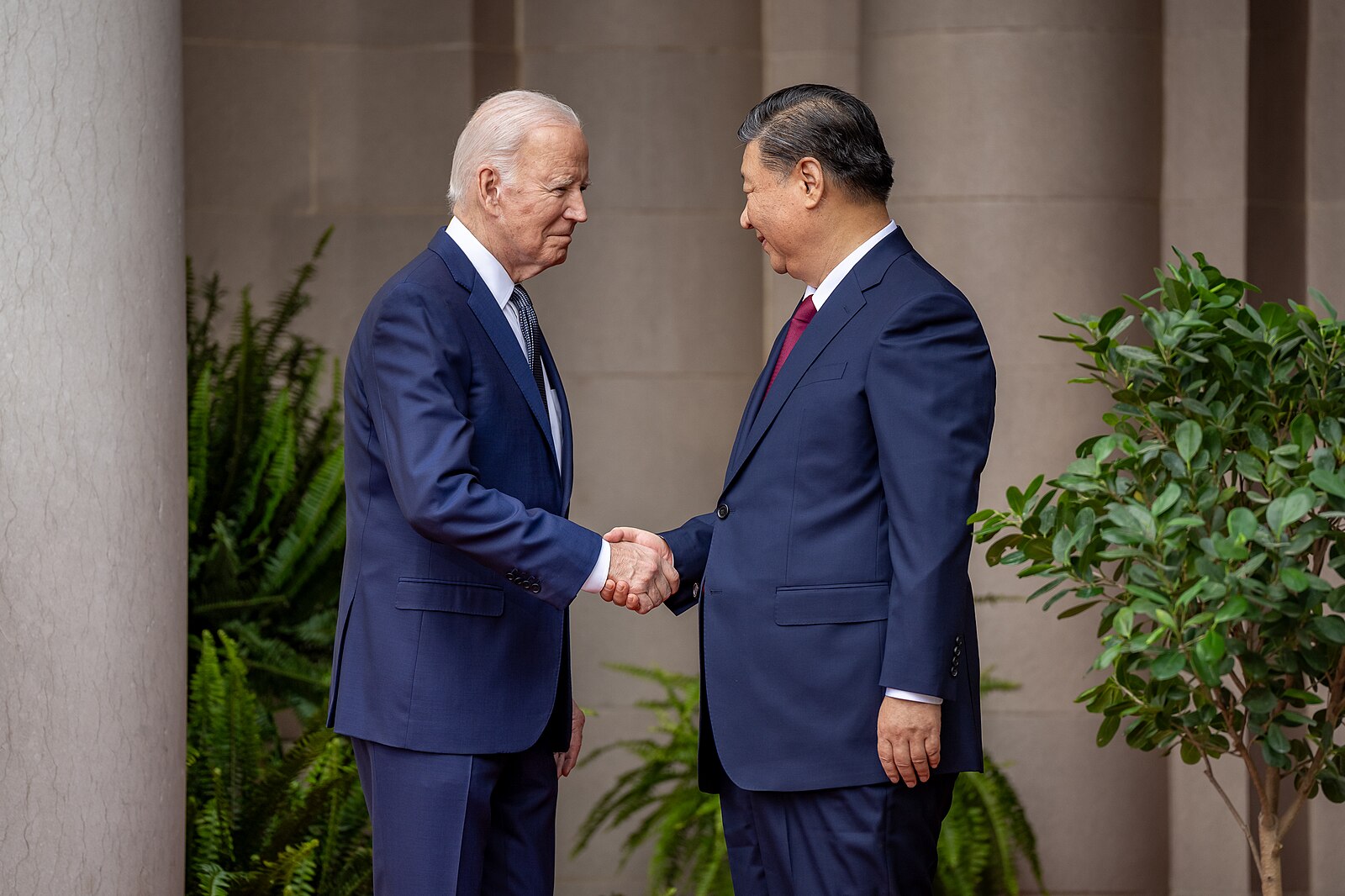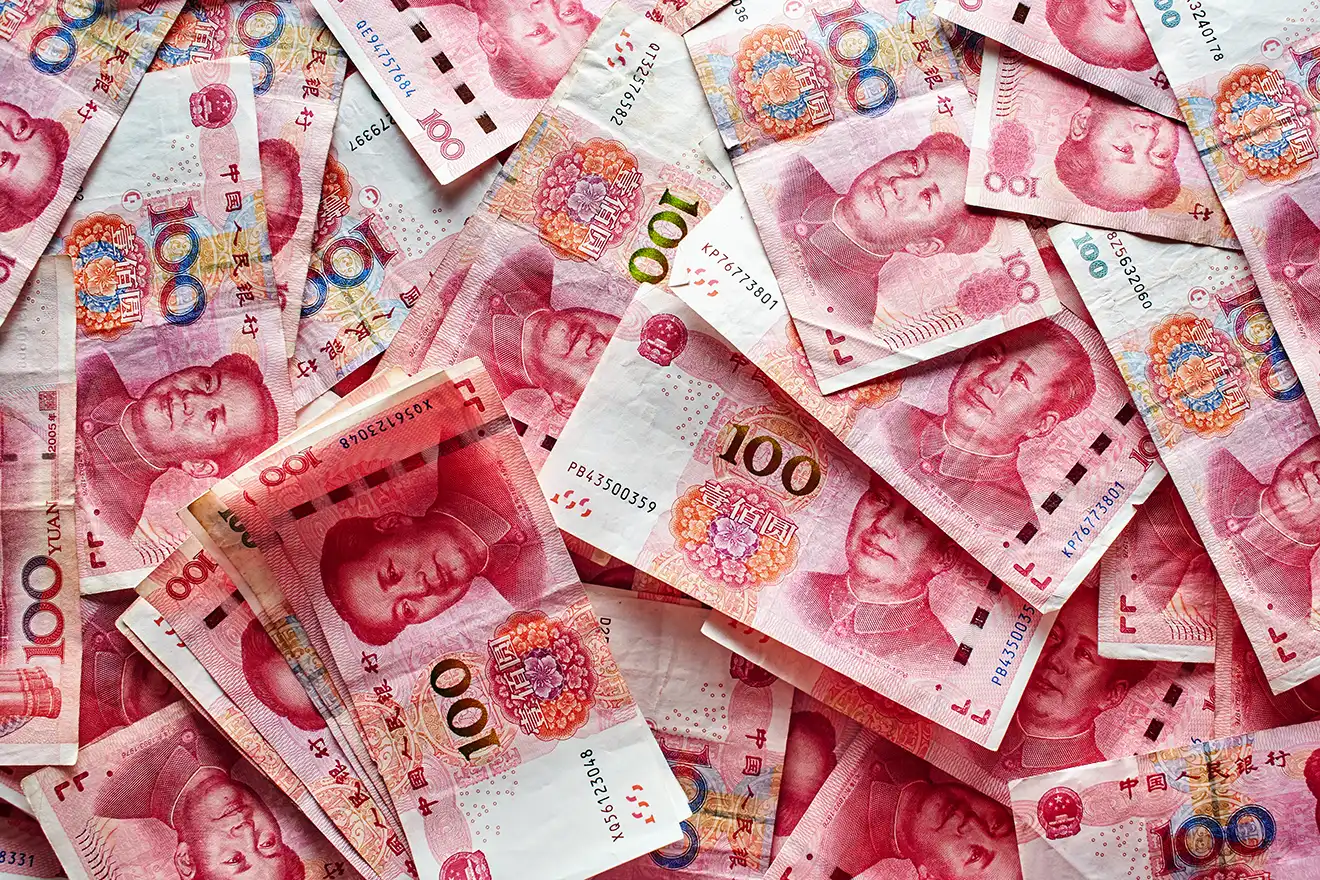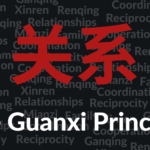The big news in November was the Asia-Pacific Economic Cooperation (APEC) summit and the meeting between Chinese President Xi Jinping and U.S. President Joe Biden. The meeting received extensive media coverage, focusing both on its semantics and tangible outcomes.
Here, we unpack key takeaways and discussion topics from the visit, its reception in China, and the implications of trade tensions for businesses operating in China.
China Positively Receives Biden-Xi Summit Meeting
The reception of the Biden-Xi summit has been generally positive in China. Business communities and outward-looking individuals agree that no country can prosper when the drawbridge is up. After three years of isolation, a struggling economy, and no major rebound post-COVID, building connections with the world’s major economies appears to be a national priority.
This was reinforced by the new visa-free policy issued to six countries, five of which are in Western Europe.
In October, the Canton Fair saw record attendance from emerging economies participating in the Belt and Road initiative, yet the quality of deals was notably lower. The re-engagement with major Western economies signals a clear pivot towards genuinely improving economic relations. This goes beyond mere lip service.
Where were the wolf warriors? Following the summit, China’s national papers, such as the Global Times, echoed a more measured tone, indicative of a consensus geared towards rebuilding international relationships.
No Major Improvements to the Business Environment
The Biden-Xi summit provided a welcome shift in the rhetoric towards China, a departure from antagonism that has become familiar. China has also made efforts to attract foreign business back, but significant changes in foreign investment policies or improvements for foreign businesses are yet to be seen.
The term “competitor” was used extensively during the summit. While this marks a positive shift from being labeled an “adversary,” the business environment in China still heavily favors state-supported domestic companies, particularly in the electric vehicle industry, which is at the forefront of the debate.
Security Remains Priority Over Economic Growth
China’s national security measures have significantly impacted tech companies, both foreign and domestic. Increasing compliance and anti-monopoly regulations have resulted in the sidelining of tech leaders. They have also led to the departure of major companies, such as LinkedIn. In its latest position paper, the European Union Chamber of Commerce in China highlighted a “slew of national security-focused legislation, which has deepened uncertainty and … has sent mixed messages to the business community, leaving many companies questioning what kind of relationship China wants to have with them.”
Easing Tensions to Decelerate, Not Halt, Supply Chain Diversification
On the topic of diversifying both investments and supply chains, the die is well and truly cast. The geopolitical tensions affecting supply chains heavily integrated with China have prompted an irreversible shift. As a result, parts of production are moving to Southeast Asia, India, and Mexico.
However, many businesses recognize that relocating assembly out of China represents just a fraction of the challenge, primarily driven by the 25% import tariffs imposed by former U.S. President Donald Trump and continued under Biden. For a wide range of product categories, from clothing to electronics, the materials and components are also sourced from China. These parts constitute a major portion of the value of finished products.
Supply chain and manufacturing experts recognize the depth and interconnectedness of China in the upstream supply chain. This makes it a more formidable challenge to relocate, with Apple’s production shift to India being a high-profile example.
The thawing of relations may reduce some of the urgency in completely overhauling entire supply chains. This could slow the risk mitigation process in practical terms. But those hoping for a reversal are likely to be disappointed.
No Return to the Good Old Days Despite Biden-Xi Summit
The sentiment on the ground in China amongst the international community has improved regarding mobility and the promotion of international trade. However, no one is under any illusion that foreign buyers and investors will return in droves, as they did in the 2000s and 2010s. Most businesses here have already adapted to this new reality and have pivoted their strategies accordingly.
What actions have you taken in your business in response to the divergence of the world’s largest economies? At Kinyu, we are keen to hear from you. Get in touch to learn more about how The China Desk can assist you in adapting to the tectonic shift in supply chains.








